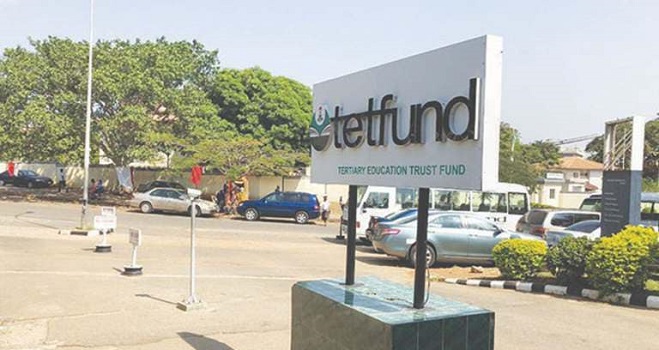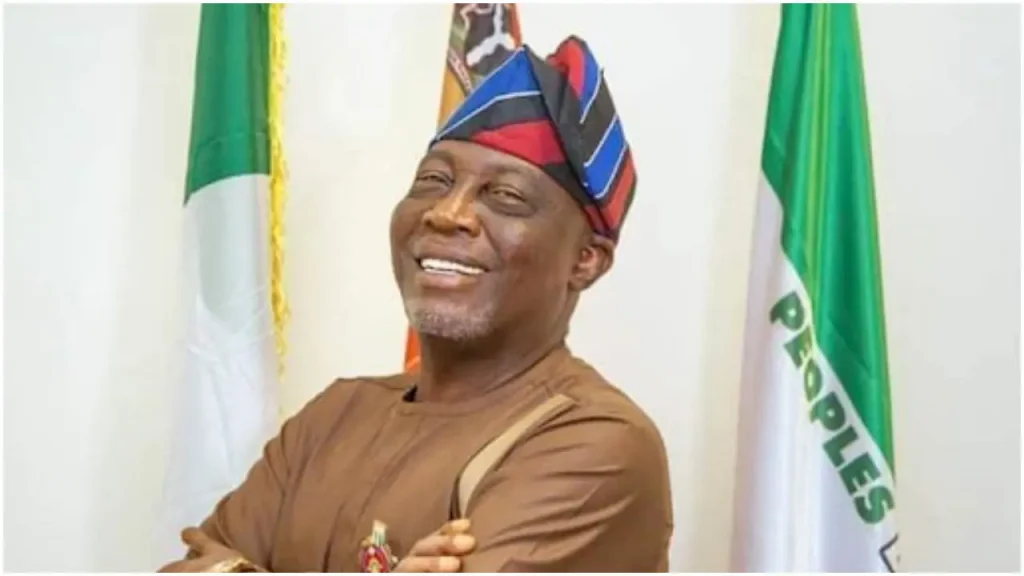At a recent public event in Nigeria, former presidential candidate and Labour Party leader Peter Obi emphasized the need for stronger, enduring political institutions that prioritize accountability and public trust. Speaking during the launch of two books by veteran journalist Ike Abonyi, Obi urged citizens to champion political parties capable of outlasting individuals and operating independently of government influence.
The books, The Bubbles of Nigeria’s Democracy: The Musings of a Nigerian Journalist and Wadata Wonders: Memoirs of a Partisan Journalist, explore Nigeria’s political evolution through the lens of Abonyi’s decades-long career. During his remarks, Obi linked their themes to contemporary challenges, stressing that sustainable democracy requires institutions rooted in integrity. “We must build parties that are organized, law-abiding, and larger than the government itself,” he said, underscoring the importance of civic responsibility.
Obi, a former governor of Anambra State and a key figure in Nigeria’s 2023 elections, also called on journalists to deepen public understanding of the nation’s political dynamics. He encouraged media professionals with expertise in governance and policy to produce more analytical works, framing such efforts as critical to fostering informed citizenship. “When people read and engage with these insights, they become active participants in shaping a better future,” he added. The event, covered by local outlet Media Talk Africa, highlighted ongoing national conversations about Nigeria’s democratic maturity.
Abonyi’s books, which blend personal anecdotes with examinations of Nigeria’s electoral history, arrive amid heightened scrutiny of political accountability in Africa’s most populous nation. Analysts have long argued that Nigeria’s democracy, while resilient, remains hampered by weak institutional frameworks and factional rivalries. Obi’s comments reflect broader demands for reforms to ensure parties serve as platforms for ideas rather than vehicles for individual ambitions.
The gathering drew politicians, journalists, and civil society members, signaling rising interest in narratives that reframe Nigeria’s governance challenges. While Obi did not directly address his political future, his focus on institutional legacy aligns with his prior advocacy for pragmatic, issue-based leadership. For many attendees, the event reinforced the role of discourse in driving democratic progress—a sentiment echoed by Abonyi’s works, which chronicle decades of political shifts and media activism.
As Nigeria approaches future elections, stakeholders continue grappling with questions of transparency and public trust. Obi’s push for resilient, principles-driven parties underscores a growing recognition that lasting change hinges on systems, not personalities—a message resonating far beyond the book launch’s venue.



